Rogue Mitochondria Turn Hermaphroditic Snails Female: Study
Por um escritor misterioso
Last updated 05 março 2025

The accidental finding marks the first time a phenomenon called cytoplasmic sterility, known to occur in plants, has been found in animals.
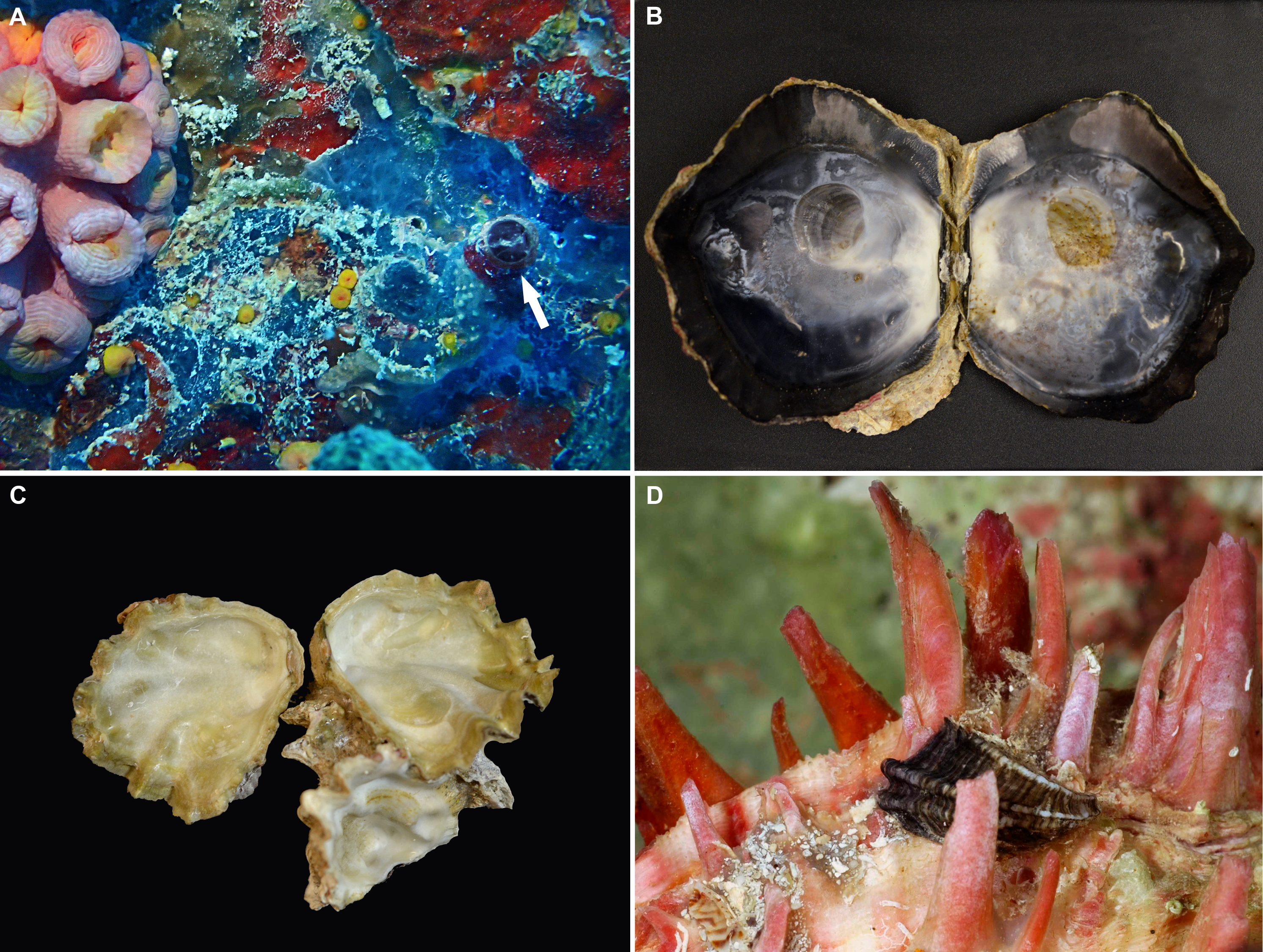
Non-native molluscan colonizers on deliberately placed shipwrecks in the Florida Keys, with description of a new species of potentially invasive worm-snail (Gastropoda: Vermetidae) [PeerJ]

IFLScience - Learn more
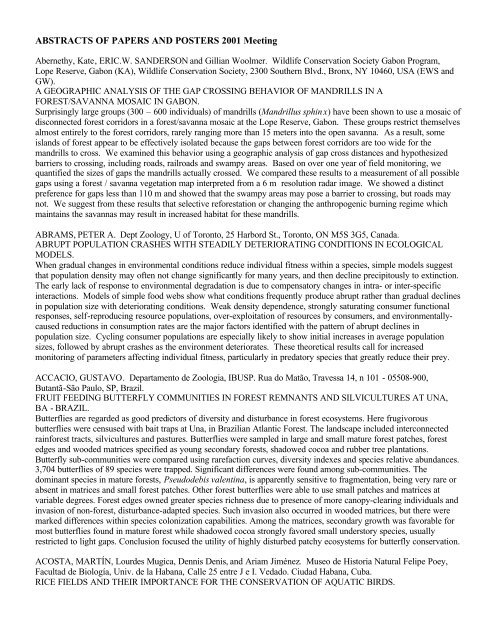
ABSTRACTS OF PAPERS AND POSTERS 2001 Meeting

Microcosmos: Four Billion Years of Microbial Evolution [Reprint 2019 ed.] 9780520340510
Gender-role adaptation depending on trade-offs between growth and reproduction in the simultaneously hermaphroditic freshwater snail, Physa acuta : Ethology Ecology & Evolution: Vol 17, No 4
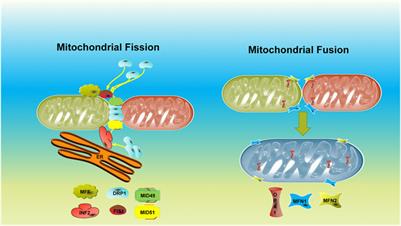
Frontiers Players in Mitochondrial Dynamics and Female Reproduction
The Talk: a brief explanation of sexual dimorphism - LessWrong 2.0 viewer
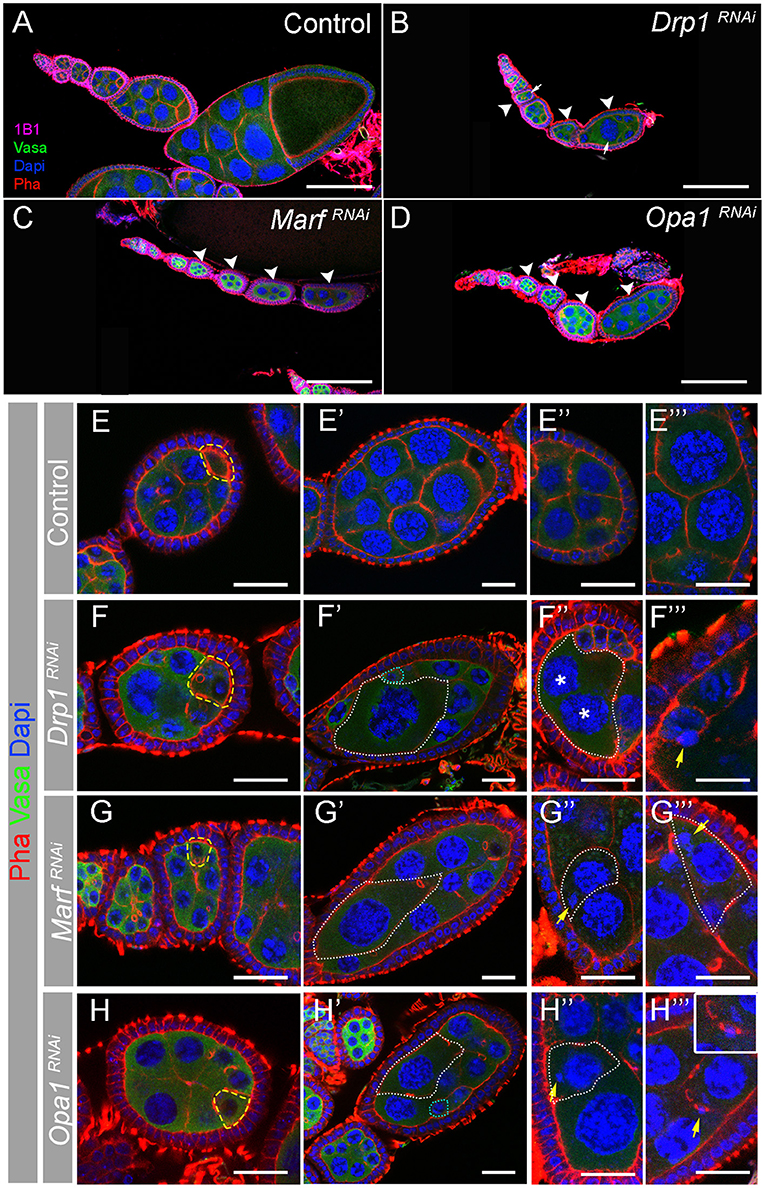
Frontiers Mitochondrial Dynamics in the Drosophila Ovary Regulates Germ Stem Cell Number, Cell Fate, and Female Fertility
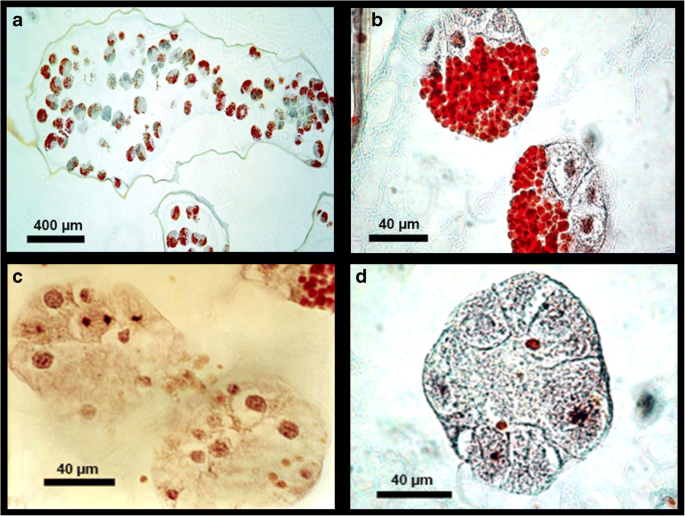
Hermaphroditism in a violet snail, Janthina pallida (Gastropoda, Caenogastropoda): a contribution
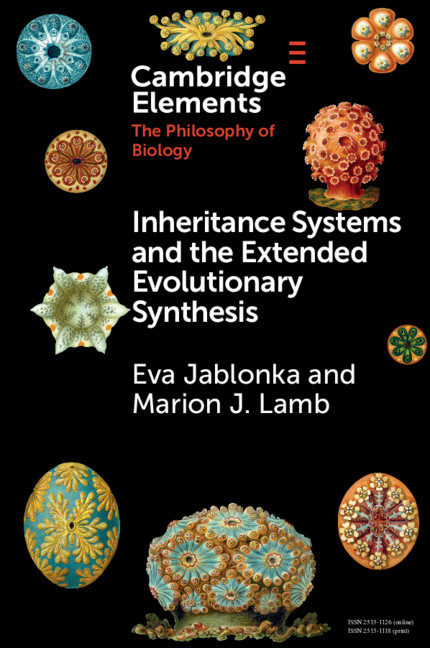
Inheritance Systems and the Extended Evolutionary Synthesis

Science P. A. Kramer
The mitochondrial localized CISD-3.1/CISD-3.2 proteins are required to maintain normal germline structure and function in Caenorhabditis elegans
Recomendado para você
-
 Farm Strong. Individual athletes tackle new…, by CrossFit05 março 2025
Farm Strong. Individual athletes tackle new…, by CrossFit05 março 2025 -
 Produtora mineira de games Rogue Snail lança RPG em parceria05 março 2025
Produtora mineira de games Rogue Snail lança RPG em parceria05 março 2025 -
 Official Announcement Gearbox and Rogue Snail are Working05 março 2025
Official Announcement Gearbox and Rogue Snail are Working05 março 2025 -
 De estúdio indie a prodígio publicado pela Gearbox: a jornada da05 março 2025
De estúdio indie a prodígio publicado pela Gearbox: a jornada da05 março 2025 -
 Rogue Snail cresce com investimento estrangeiro - 03/11/2023 - Tec05 março 2025
Rogue Snail cresce com investimento estrangeiro - 03/11/2023 - Tec05 março 2025 -
 Rogue Snail - Joguem Relic Hunters Legend! (@roguesnail) / X05 março 2025
Rogue Snail - Joguem Relic Hunters Legend! (@roguesnail) / X05 março 2025 -
 Rogue Snail Games - IGN05 março 2025
Rogue Snail Games - IGN05 março 2025 -
 Top 10 Moments of the 2016 CrossFit Games05 março 2025
Top 10 Moments of the 2016 CrossFit Games05 março 2025 -
 Garden Snail (OREGON: Rogue Valley, Klamath Basin, Crater Lake05 março 2025
Garden Snail (OREGON: Rogue Valley, Klamath Basin, Crater Lake05 março 2025 -
Virtual Offices at Rogue Snail: Improving our Remote Workflow05 março 2025
você pode gostar
-
 Super Mario Run (recenze hry)05 março 2025
Super Mario Run (recenze hry)05 março 2025 -
🗿🍷 apenas os finos senhores nos comentários! #sigma #sigmapost05 março 2025
-
 Sonic, Shadow & Tails Play Sonic World!05 março 2025
Sonic, Shadow & Tails Play Sonic World!05 março 2025 -
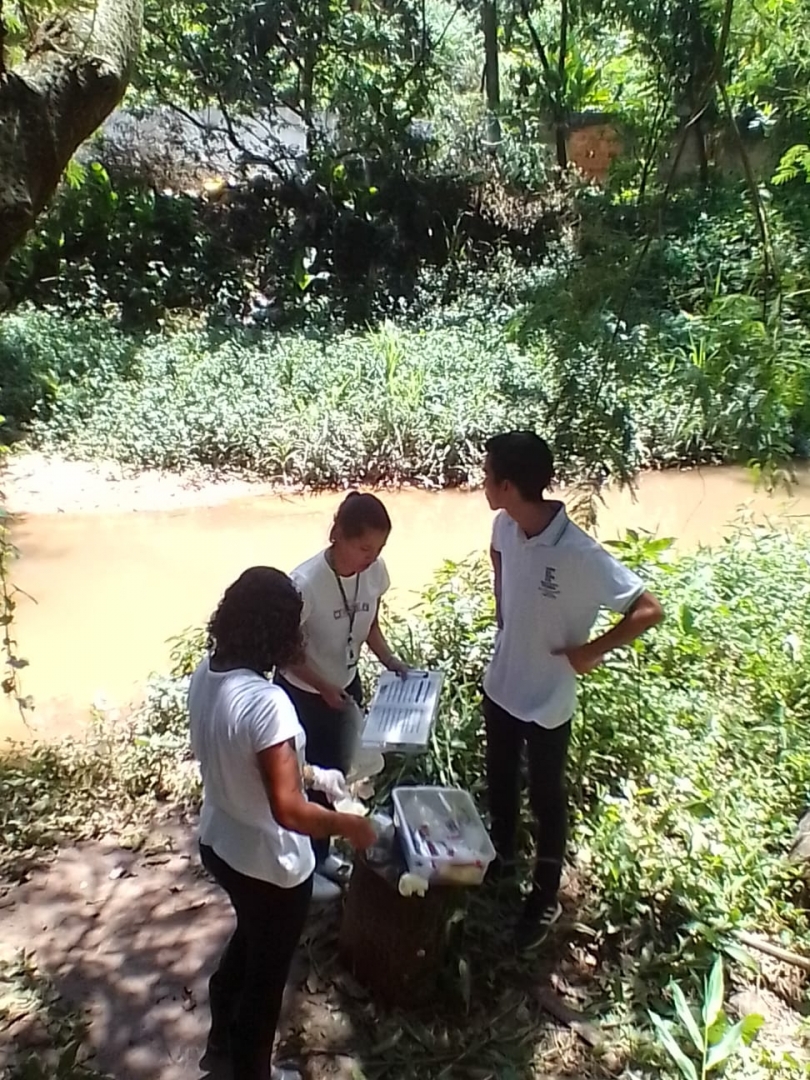 SOS Mata Atlântica05 março 2025
SOS Mata Atlântica05 março 2025 -
 Pokemon Trading Card Game Pokemon XY Shiny Mega Rayquaza Ex05 março 2025
Pokemon Trading Card Game Pokemon XY Shiny Mega Rayquaza Ex05 março 2025 -
Jogo com música APK (Android App) - Baixar Grátis05 março 2025
-
 Pokemon Academia de Batalha Jogo de Cartas Copag 3149505 março 2025
Pokemon Academia de Batalha Jogo de Cartas Copag 3149505 março 2025 -
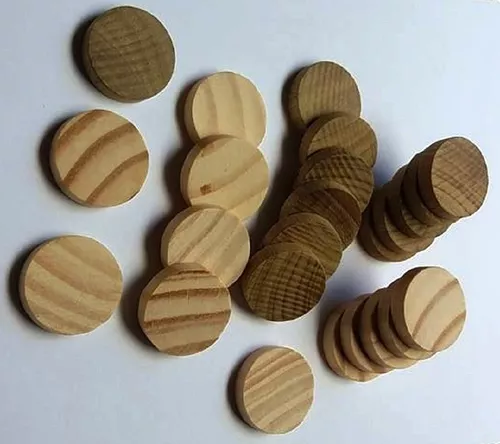 24 Peças De Jogo De Dama Em Madeira 30 Mm Lisa05 março 2025
24 Peças De Jogo De Dama Em Madeira 30 Mm Lisa05 março 2025 -
 Awesome face Minecraft Skin05 março 2025
Awesome face Minecraft Skin05 março 2025 -
/i.s3.glbimg.com/v1/AUTH_08fbf48bc0524877943fe86e43087e7a/internal_photos/bs/2021/q/w/lvUWriQeqlhhT0j38Khg/2015-12-17-steamgifts.jpg) Aumente sua biblioteca Steam sem pagar nada com os SteamGifts05 março 2025
Aumente sua biblioteca Steam sem pagar nada com os SteamGifts05 março 2025

